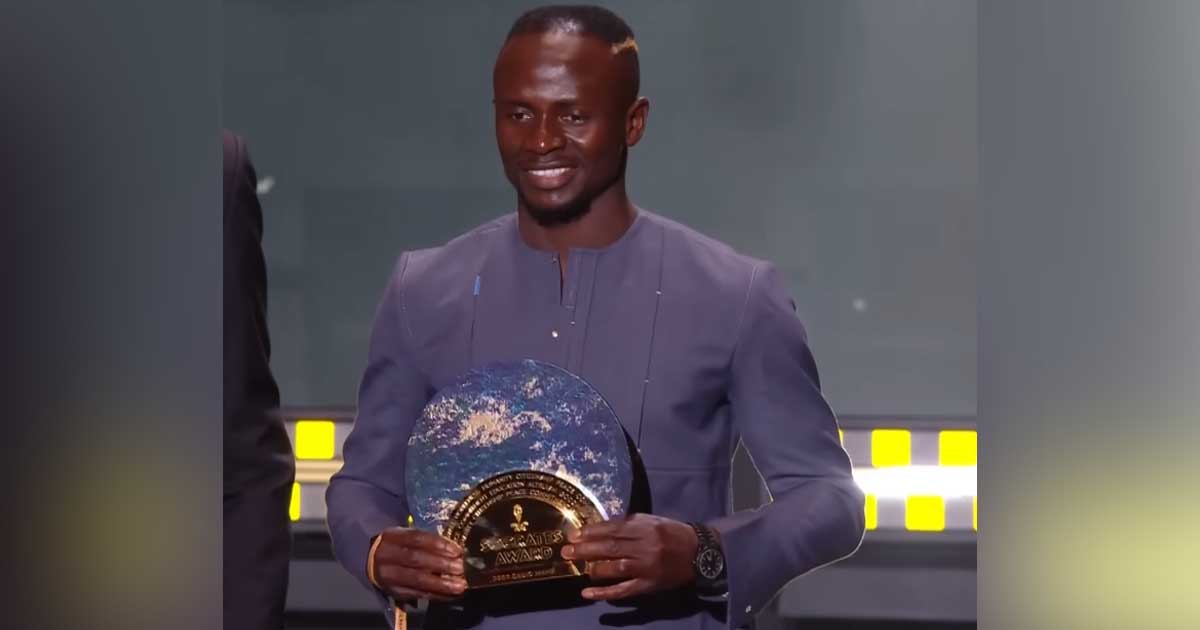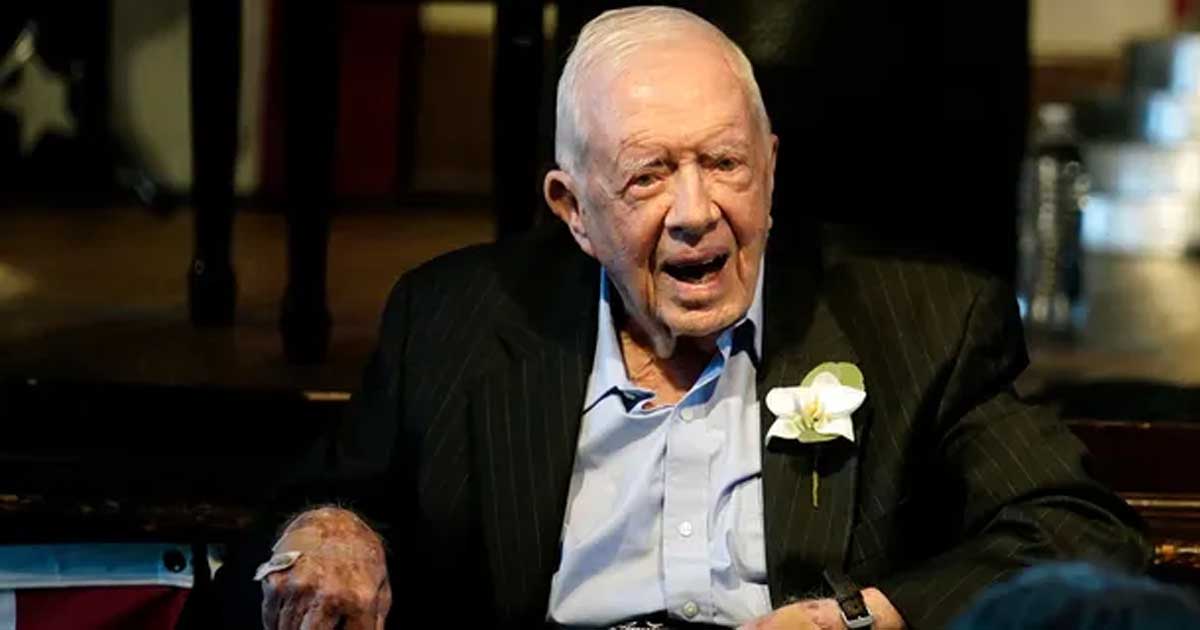Elon Musk responds to accusations of making a “Nazi salute”
The billionaire addresses backlash after a controversial gesture sparks online debate
Elon Musk has addressed criticism after being accused of giving a “Nazi salute” during a speech at Donald Trump’s inauguration ceremony. The Tesla and SpaceX CEO dismissed the claims, calling them baseless and part of a broader trend of exaggerated political attacks.
On Monday, January 20, Donald Trump was sworn in for his second term as President of the United States. The day was filled with speeches, promises, and ceremonies, but it was Elon Musk who became the unexpected center of controversy.
Musk, a known supporter of Trump on his social media platform X (formerly Twitter), attended the inauguration at the Capital One Arena in Washington, D.C. During his speech, Musk spoke about his ambitions to send humans to Mars, claiming it would represent a new era of American achievement.
However, it wasn’t Musk’s words that grabbed the internet’s attention—it was a gesture he made while speaking. Musk thumped his chest and extended his right arm toward the sky. After turning toward the audience and repeating the motion toward the U.S. flag, some viewers online likened it to a “Nazi salute,” sparking widespread backlash.
The internet erupts
Social media exploded with reactions, with many accusing Musk of making a deliberate and offensive gesture. On X, one user wrote, “Elon Musk just did a Sieg Heil as clear as day. There’s no other way to interpret that.”
CNN anchor Kasie Hunt weighed in, describing the gesture as, “not something you typically see at American rallies,” and adding that it was, “evocative of things that we have seen through history.”
Others, however, came to Musk’s defense, arguing the gesture was simply a moment of enthusiasm and misinterpretation.
The Anti-Defamation League (ADL), an organization that fights antisemitism and hate speech, released a statement on X to clarify their stance: “It seems that [Musk] make an awkward gesture in a moment of enthusiasm, not a Nazi salute, but again, we appreciate that people on edge.”
They added: “This is a delicate moment. It’s a new day and yet so many are on edge. Our politics are inflamed, and social media only adds to the anxiety. In this moment, all sides should give one another a bit of grace, perhaps even the benefit of the doubt, and take a breath. This is a new beginning. Let’s hope for healing and work toward unity in the months and years ahead.”
A divided response
Not everyone agreed with the ADL’s assessment. U.S. Congresswoman Alexandria Ocasio-Cortez took to X to criticize the organization. She wrote: “Just to be clear, you are defending a Heil Hitler salute that was performed and repeated for emphasis and clarity. People can officially stop listening to you as any sort of reputable source of information now. You work for them. Thank you for making that crystal clear to all.”
In response, Musk dismissed the accusations and criticized Ocasio-Cortez’s reaction, accusing her of having, “just 100 percent lost her marbles.”
Musk also addressed the broader criticism on his platform. When one user wrote, “Can we please retire the calling people a Nazi thing? It didn’t work during the election, it’s not working now, it’s tired, boring, and old material, you’ve burned out its effect, people don’t feel shocked by it anymore, the wolf has been cried too many times,” Musk replied with, “yeah exactly,” followed by a “yawn” emoji. He later added, “Frankly, they need better dirty tricks. The ‘everyone is Hitler’ attack is sooo tired.”
Why this matters
The controversy surrounding Musk’s gesture highlights the tense political climate in the United States, where public figures’ actions are increasingly scrutinized and often misinterpreted.
For Musk, the incident is another in a long line of controversies tied to his outspoken presence on X, where he frequently challenges critics and engages in polarizing debates.
The ADL’s call for grace and unity may resonate with some, but others, like Ocasio-Cortez, argue that such responses downplay the potential harm of controversial gestures or rhetoric.
A call for understanding—or more division?
While Musk’s defenders and critics continue to argue online, the incident has sparked larger conversations about political symbolism, media narratives, and the dangers of rushed judgment.
As the ADL put it, “This is a new beginning. Let’s hope for healing and work toward unity in the months and years ahead.” Whether this moment leads to more understanding—or deeper divisions—remains to be seen.
What do you think? Was Musk unfairly targeted, or do public figures need to be more mindful of their actions? Share your thoughts in the comments below.





